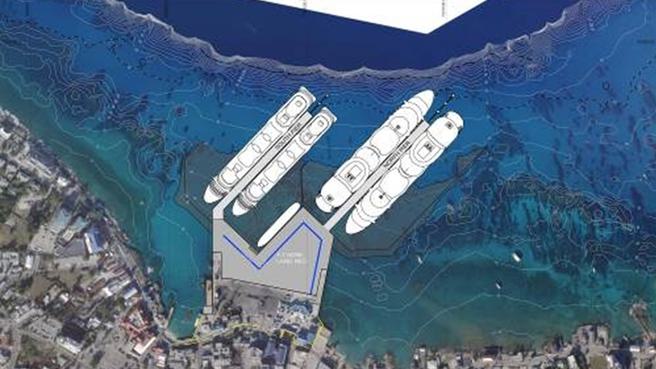

On the same day as the general election, voters will also be asked to vote in referendums on three unrelated issues. The Referendum (Cruise Berthing Infrastructure, Gambling and Cannabis) Act 2025 outlines the questions that will be put to voters:
Who can vote in the referendums?
The franchise is the same, those eligible to vote in the election are the same voters eligible to vote in the referendums. Voting is not mandatory. You can cast your vote in one, two or all three of the questions or not at all if you choose.
Are the referendums binding?
The referendums are advisory. This means that the results are non-binding on the next government or to put it another way, there is no legal requirement for the next government to implement the decision of the people on any of the issues. While this might sound a little odd – why have a referendum if the government can ignore the results? - there are some benefits to non-binding referendums. For example, if turnout is very low and therefore a poor gauge of public opinion then it might not be advisable to proceed. Equally if a referendum is won by one vote then it might suggest that there is further work to be done before proceeding.
Where can I get additional information about the referendums?
The government has published information relating to all three referendum questions on its referendum hub. However, the specifics remains a little scarce.
In respect of cruise berthing facilities for example, little to no information about what the project might look like has been released. There are no draft plans detailing where the berthing facility might be located, how many piers would be constructed, whether the cargo port would also be included in the project, and critically, how the facility would be paid for and by whom. Equally, little to no information has been put in the public domain concerning the impact of possible changes to the law on gambling and consumption and possession of small amounts of cannabis.
CPR Cayman, which has a long history of opposing the construction of cruise berthing infrastructure, has launched an information hub to inform the public of the negative impacts of mass tourism associated with berthing piers. They argue that construction would damage 22 acres of marine habitat, would lead to overcrowding and would cost Caymanians $400 million over 25 years. You can find out more about their concerns at their website.

Plans put forward in 2019 for cruise berthing facilities in George Town. No such plans have been laid before the public ahead of the April referendum.
Is the referendum subject to the same strict rules as the election
The Elections Act does not extend to referendums and there is no specific legislation that governs conduct during a referendum campaign. Therefore the rules of each referendum campaign must be outlined in the legislation that allows for the referendum to take place to begin with.
Local environmental campaigners are concerned that government will be using public money to promote a yes vote in respect of whether Cayman should press ahead with cruise berthing facilities and yet no funding is provided for those opposed to the plans. In addition, campaigners have expressed concern that there is no nothing to prevent non-Caymanian actors, such as the cruise industry, from spending significant sums promoting the yes vote.
